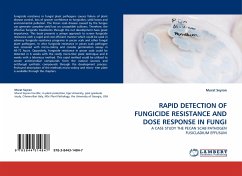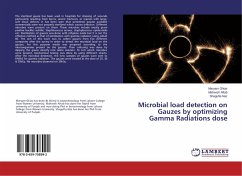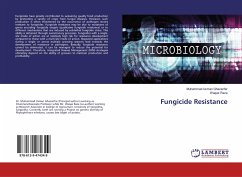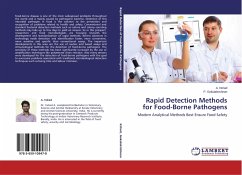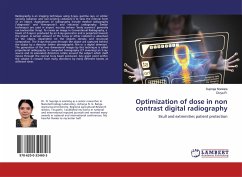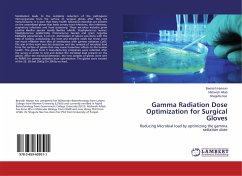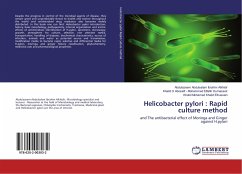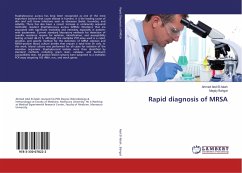Fungicide resistance in fungal plant pathogens causes failure of plant disease control, loss of grower confidence to fungicides, yield losses and environmental pollution. The Pecan scab disease caused by the fungus can generate complete yield loss on susceptible cultivars. Therefore, the effective fungicide treatments through the nut development have great importance. This book presents a unique approach to screen fungicide resistance with a rapid and cost efficient manner which could be used in advisory fungicide resistance programs in pecan scab and other fungal plant pathogens. In vitro fungicide resistance in pecan scab pathogen was screened with micro-colony and conidia germination assays in 48-72 hours. Oppositely, fungicide resistance in pecan scab could be detected in 6 weeks with the costly micro-titer plate technique and 8 weeks with a laborious method. This rapid method could be utilized to screen antimicrobial compounds from the natural sources and antifungal synthetic compounds through the development process. Profound description of the methods micro-colony and micro- titer plate is available through the chapters.
Bitte wählen Sie Ihr Anliegen aus.
Rechnungen
Retourenschein anfordern
Bestellstatus
Storno

